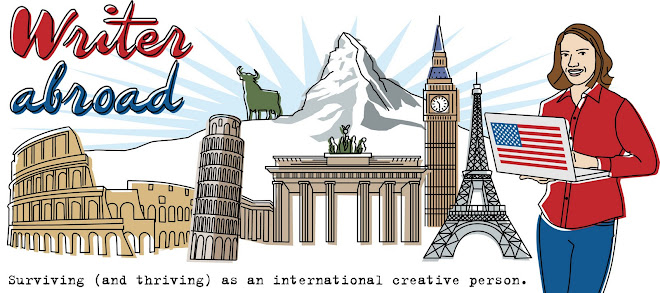Writer Abroad has had enough of the Internet
lately. After going offline almost totally for a week and feeling much more at
peace than she had for a long time, she realized that the Internet has been
creating a lot of unnecessary angst in her life.
Sure, all the horrible events going on in the
news lately are not helping. These things are not the Internet’s fault. But the
Internet makes things horribly worse. Writer Abroad knows this inherently. It’s
why she never reads the comments people make to her own articles. Because some
of the articles she’s written have been given “Internet headlines” that
purposely invoke strong emotions—whether the piece warrants them or not.
And that’s really the issue she has with the
Internet. Today, any topic is dramatized. Drama creates sales. Creates likes.
Creates sharing. Bias is in. Balanced, fair reporting, in most cases, is out.
Today, with limited attention spans and unlimited information flying at us,
it’s all about attention-grabbing, snack-able headlines. And not about much
else.
How many times have you actually read an article
and then read the comments? Most of the comments don’t even have anything to do
with the article—they are just reactions to the emotional headline. And when
headlines don’t match the article—or at least, the article’s tone, that’s a
problem. As a culture, we’ve never had so much information, yet we’ve also
never taken in so little of what we have.
Do you agree?
